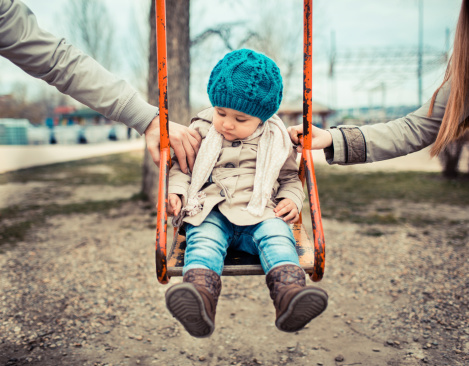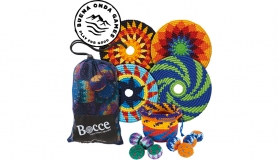When it would once have been the role of the tribe to guide and support new and expectant parents, perfect strangers from all corners of the globe are now coming together to support each other.
And whilst this may sound like a happy, albeit slightly dysfunctional, ending to the problems faced by enforced social detachment; Internet forums and Facebook groups/pages are almost always rife with parents bickering over the finer details of what it takes to be the perfect parent. In theory, these groups and communities are the perfect solution but in reality, there are a multitude of modern social issues that get in the way.
The problem
Ideally, we’d all be on the same. But, it only takes a little walk down to your local bookshop to note the vast array of parenting books and their polarised philosophies before the problem with this becomes clear. We don’t agree on how to best parent our children. Some spank, others talk it through, some are see their children as equals, others are authority figures, some are “tiger parents”, others are “attachment parents”. All of this, and everything in between; we are either spoiling or abusing our children and we are tearing lumps out of each other for it. It’s a difficult time to be a parent, both isolated and judged. The sad truth is that, for the most part, we really are on the same page. We are all seeking the same truth: Raising happy, balanced children.
So, where are we going so wrong?
Part of the problem, is the desire to be seen as superhuman. From the mothers who home-school 5 or more children, home cook every meal and keep an immaculate home with wholesome, all organic children to the mothers who have high-flying careers, are immaculately turned out and have beautiful, polite and successful children – these unattainable standards, that seem to be all around us, leave the rest of us who have bad hair; snot stains on our jeans; dishes piling up and an equally dishevelled child or two chomping on a packet of Walkers in front of Peppa feeling utterly worthless. The face we present to the world, however, is often an illusion created by the sharing of only the positive moments and experiences and a reluctance to share our struggles and low moments.
Another part of the problem is that, despite our own struggles with inadequacy we hold other parents to the same unattainable standards that are a large part of what leave us feeling so worthless. We lack self-empathy and we lack empathy for others, thanks to our own insecurities. The very insecurities that hold us back and that we all hope to raise our children without.
The solution
Advice given is, all too often, about the person giving. And offence taken is, equally often, about the person receiving the aforementioned advice. We could all do to reflect a little more.
If we were just a little more self-aware and compassionate with others, regardless of the many different ways to be the supposedly perfect parent raising the fabled perfect child, we would be actively helping to move the goal posts of parenting from the unattainable ideals fed to us by the media, and our own obsession with perfection, to a more realistic and loving place of acceptance.
As humans, we are going to make mistakes and if we could only open ourselves up to this we may just learn to accept that perfect strangers could have some life changing advice for us that will sometimes make us feel uncomfortable. In being more self-aware, we can begin to recognise when our emotional responses to criticism are holding us back from moving on and learning how to really be a better parent. Instead of crying “offence”, we can choose to accept that we may need to make a change or that we’re actually OK with not always seeing eye to eye with others and in being more compassionate we can approach our criticisms with respect and understanding, so that we can actually help each other when we are most in need of it and, perhaps, make an actual difference in each other’s’ lives.
Modelling this kind of behaviour is also, ironically, one of the easiest ways to ensure our children learn similar behaviours. Confident children who are open to change, who are keen to better themselves and who are kind to others who are in the same position as themselves. Together, we can raise the next generation to be happier and more connected than the last. We may no longer be a village, but we still have so much to offer.







